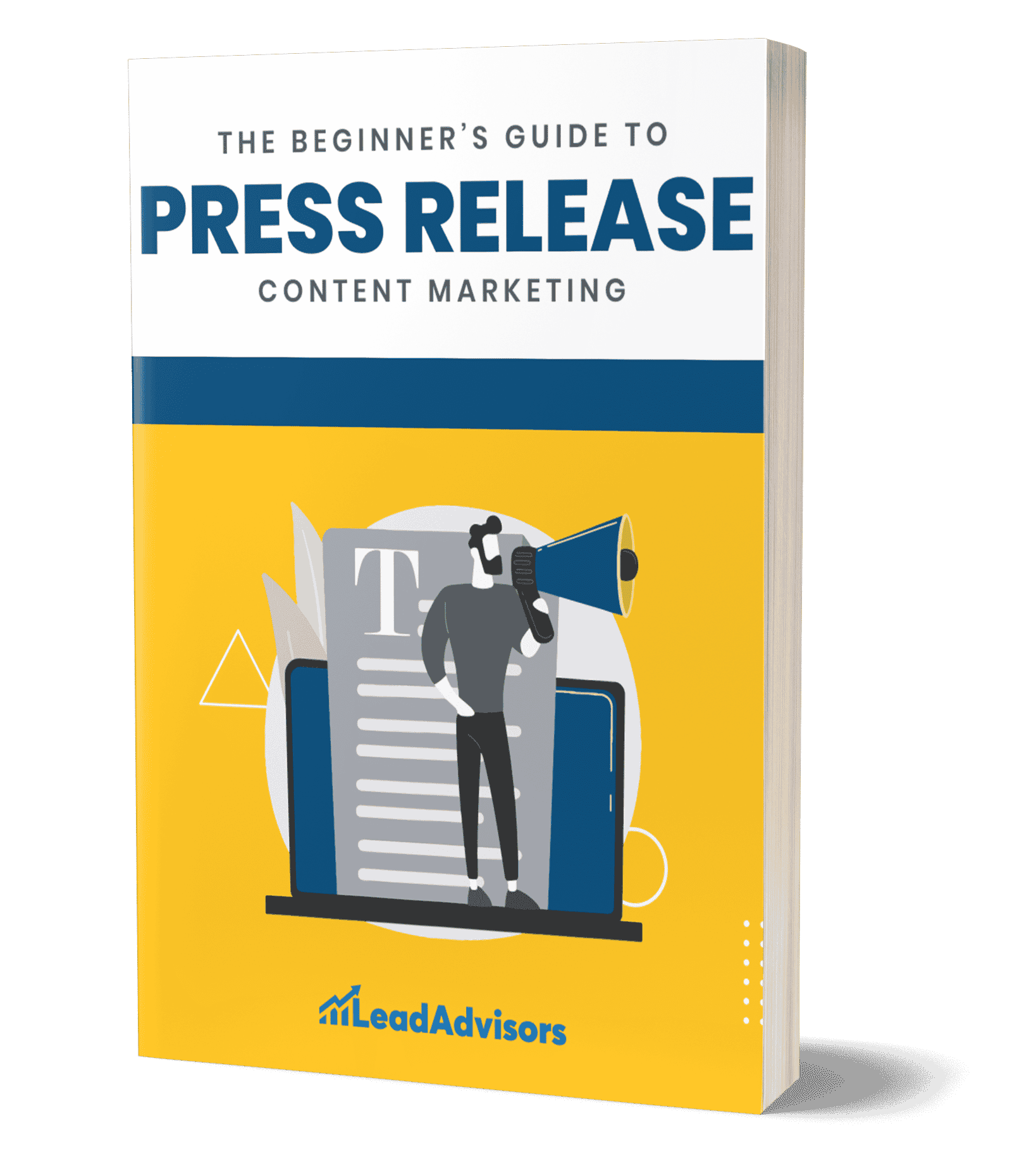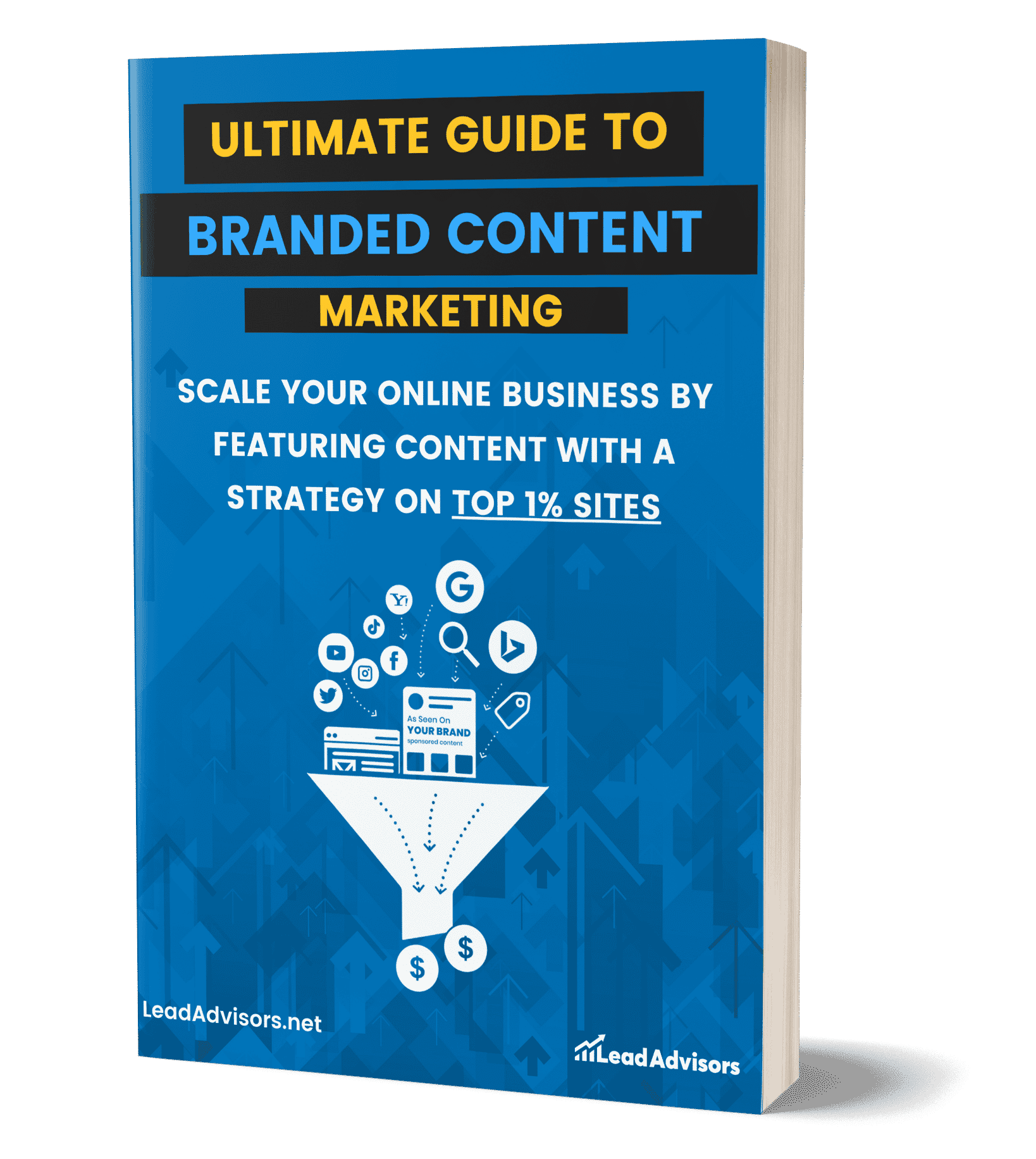Want to improve your website’s position on search engine results pages and obtain more organic traffic? Choosing the ideal on-page SEO tools is key for content examination and optimization. In this competitive digital atmosphere, using high-quality instruments to maximize a site’s performance within search engines is important.
Here are the five top-ranking on-page SEO tools that can dramatically enhance the material’s analysis and its optimization. Each offers unique features to help you craft higher-ranking content for better online visibility.
What Is an On-Page SEO?

Before getting into the top 5 on-page SEO tools, it is important to understand what it is first. On-page SEO involves optimizing individual web pages to rank higher and attract more relevant traffic in search engines.
Unlike off-page SEO, which focuses on backlinks and external signals, on-page SEO is about a page’s content and HTML source code that you can control. Key elements include optimizing title tags, meta descriptions, and header tags.
Effective on-page SEO also ensures that high-quality content aligns with Google‘s E-A-T (Expertise, Authoritativeness, Trustworthiness) guidelines. Mastering on-page SEO can boost the site’s visibility and user engagement.
You May Also Like: Best Techniques to Execute a Strong Off-page SEO Strategy
5 Best On-Page SEO Tools
1. ChatGPT

ChatGPT, an AI-powered tool developed by OpenAI based on the Generative Pre-trained Transformer (GPT) architecture, is here to revolutionize content creation and optimization. You can use this highly advanced technology for your website’s on-page SEO needs. It generates titles or can be used as a keyword research tool. Additionally, it creates relevant content with specified formatting guidance and title suggestions designed especially for clusters of related articles!
For example, if you’re writing a blog on “best smartphones,” ChatGPT can help create an SEO-friendly title like “Top 10 Smartphones of 2024.” Additionally, it can also generate a meta description that entices clicks. It can also help structure your article with appropriate header tags (H1, H2, H3) to make it more Google-friendly.
Read More: Top AI-Generated Content Strategies in Marketing
2. SurferSEO

On-page SEO tools like SurferSEO provide various features for content optimization, keyword research, and page rankings. This data-driven platform offers insights into the appropriate use of headings, word count, and images for maximum effect.
It also provides an in-depth analysis of internal and external links, helping you ensure your SEO content is well-optimized. SurferSEO is a fantastic audit tool for your on-page and off-page SEO needs. It also helps you generate XML sitemaps, which is crucial for search engine optimization.
If you’re trying to rank for “best hiking boots,” SurferSEO scans top-ranking pages. It can also tell you exactly how many times to use your keyword. Also, it suggests optimal text length, and which related terms to include. It even advises on meta tags and image alt text, providing a clear roadmap to improve your page’s SEO performance.
SurferSEO has seen much success amongst marketers as it helps increase visibility while streamlining search engine optimization processes. There are four pricing plans available – Hobby ($29/ month), Basic($59/ month), Pro ( $99 / month) and Business ($199/ month).
For those looking to stay ahead in search engine results pages, SurferSEO can prove quite helpful. But take note that efficient automation solutions are readily provided along with competitor analysis options. Finally, considering both keywords’ density combined alongside on-page performance metrics also forms part of their feature set. Making this well-rounded tool very desirable overall by maximizing efficiency at every level possible within your SEO strategy needs!
Read More: How to Generate Traffic: Content Production Strategy Tips
3. Yoast SEO

Yoast SEO is a popular option due to its comprehensive features and options when considering an on-page SEO tool for your website. This WordPress plugin offers real-time evaluation of key elements in content optimization. Readability is graded with both free and premium versions available.
It checks user experience by ensuring headings are optimized properly, guiding according to their meta tags. This increase one’s search rankings after implementation through this on-page SEO checker feature. Furthermore, the latest release comes with a built-in system that scores text clarity. This makes better quality content output when using their Free SEO Tool.
For example, if you’re writing about “easy pasta recipes,” Yoast will guide you on where to place your keywords, like in the title and first paragraph. It also checks your meta description for length and relevance. Plus, it checks readability, suggesting improvements like shorter sentences or more subheadings. This makes your page more user-friendly and better optimized for search engines.
Although Yoast SEO’s interface can be challenging, it’s still worth considering as a top-notch on-page optimization tool. The tool’s content analysis are useful for identifying duplicate content and making unique material. The tool’s SEO spider feature can crawl your site. It identifies any technical SEO issues that might be hindering your site’s performance.
Yoast SEO isn’t just about page optimization. It also offers insights into SEO metrics through its built-in analytics tools. These provide valuable data that can help you refine your SEO strategy and achieve better results.
Read More: Top 11 SEO Best Practices for Mobile in 2024
4. Ahrefs

Ahrefs is a comprehensive SEO platform that provides an all-in-one solution to boost search engine rankings and increase online visibility. For $99 a month, Lite package includes keyword research, backlink analysis, and content planning tools. Users gain access to optimization of target keywords and enhance their web page’s presence on search engines such as Google.
Ahrefs assists with identifying broken links, which could potentially ruin user experience when navigating websites. It’s also an excellent tool for performing an SEO audit, helping you fine-tune page titles and meta descriptions for better search engine performance.
Let’s say you’re focusing on the keyword “home workouts.” Ahrefs can show you what top-ranking pages are doing right through its Site Explorer feature. It’ll also suggest related keywords, like “workouts at home without equipment,” to naturally include in your content. Its Content Explorer can help identify what topics in your niche are most popular, aiding you in crafting content that not only ranks but also engages your audience.
Additionally, its vast link database containing over 30.39 trillion internal links within more than 170 million domains guarantees improved search engine placement. Ahrefs also offers robust content analysis tools, making it easier for you to optimize your content for social media platforms and search engines alike.
Read More: Small Business SEO Guide for 2024
5. Google Search Console

No matter which on-page SEO tool is selected, some form of training will be needed to effectively use its features and maximize content optimization for search engines. It’s crucial to find a balance between feature richness and simplicity in page SEO tools while maintaining usability that offers the necessary means for improved ranking. Among these options, Google Search Console stands out as an easy-to-use yet powerful analysis tool offering free insight into website performance, essential for any site owner wishing to optimize their presence online with top rankings.
Google Search Console pricing is free. Google Search Console gives you direct insights into how your site is performing in Google’s search results. For example, if you have a page about “indoor plants,” the Console can show you how often that page appears in search results and how many clicks it gets. It also flags issues like slow loading times or mobile-unfriendliness, allowing you to make targeted improvements for better on-page SEO.
It’s a particularly useful tool to find broken links, check keyword density, and to optimize the meta description of your web pages. As part of one’s digital marketing efforts, it furnishes invaluable SEO recommendations beneficial when implementing strategies related to technical aspects such as indexing and off-page factors impacting overall optimization results. With its free SEO tools, the search volume of a target keyword can be easily analyzed, providing essential data for effective content optimization.
Read More: How To Get Your Name On Top Of Google Search
Summary
To wrap things up, the on-page SEO tools discussed in this blog post – ChatGPT, SurferSEO, Yoast SEO, Ahrefs, and Google Search Console – can be of great help to you as you improve your website’s content analysis and optimization. With these powerful SEO tools at hand, it is possible for one’s online visibility to increase by achieving higher search engine rankings.
When selecting the ideal page SEO tool for improving your site’s performance, consider factors such as budget limits or resources available. But with a good eye towards what would work best concerning reaching success when working with search engine optimization, then any goal should become achievable!
Frequently Asked Questions
What is an example of on-page SEO practice?
The practice of On-Page SEO is important for both search engines and users, as it optimizes various elements on a webpage, such as title tags, internal links, content structure, and images with their alt-texts. All these components help webpages rank higher in the results pages leading to more traffic coming through them.
How to do an on-page SEO analysis?
To evaluate your SEO performance, it is important to review visibility on Google, examine titles and headings for optimization purposes, assess incoming links for quality assurance measures, check spam score as a measure of credibility metrics, and inspect internal linking strategies’ effectiveness to uncover any broken link issues. Lastly, reviewing the content of your website can greatly inform an analysis.












